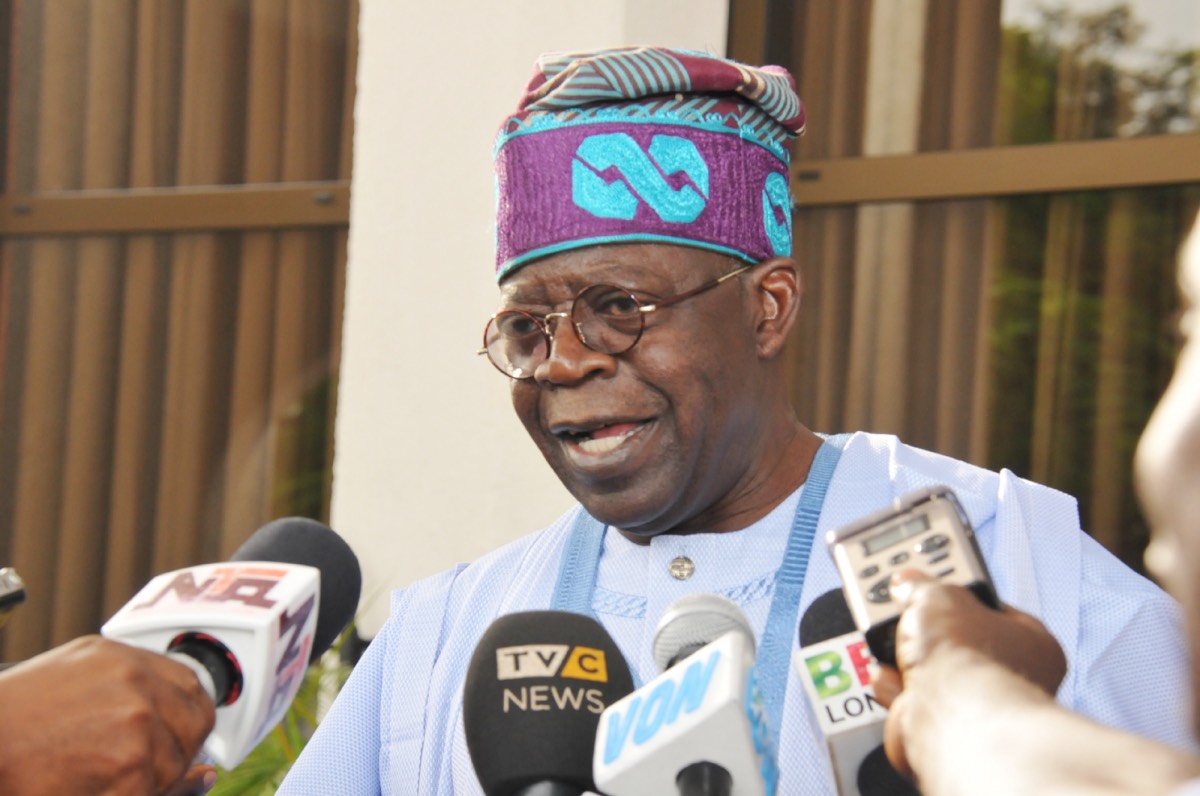ABUJA, Nigeria – Nigeria’s newly inaugurated President, Bola Tinubu, has on Friday, June 9, 2023, given his assent to the Electricity Act 2023, barely ten days into his administration.
The Act, which supersedes the Electricity and Power Sector Reform Act 2005, provides a framework for the post-privatization phase of the Nigerian Electricity Supply Industry, NESI, and aims to stimulate private sector investment.
The Act’s passage, initially accomplished by the 9th National Assembly in July 2022, comes amid ongoing challenges in Nigeria’s power sector.
A key feature of the new legislation is the de-monopolization of electricity generation, transmission, and distribution at the national level.
It enables states, companies, and individuals to generate, transmit, and distribute electricity, though interstate and transnational electricity distribution remains prohibited.
According to the new law, the Nigerian Electricity Regulatory Commission, NERC, will continue to regulate the sector within Nigeria.
However, it acknowledges states’ power to create and regulate their own electricity markets.
The Act outlines a transition process, allowing NERC to hand over regulatory responsibilities to state regulators once they have been established.
Lagos, Edo, and Kaduna states, which have already passed their electricity market laws, can now begin to regulate their own markets.
Meanwhile, NERC will continue to oversee states without such laws.
The commission will also be responsible for regulating cross-border operations, including generation and transmission across states.
The new Act also empowers lawmakers to oversee the NESI via their respective Committees on Power in the Senate and House of Representatives.
This oversight authority is given without prejudice to the supervisory powers of any government ministry over state-owned enterprises or other entities within the NESI.
In addition, the Act mandates that electricity generation licensees meet renewable generation obligations as prescribed by NERC.
These requirements may include generating power from renewable sources, purchasing power from renewable sources, or procuring instruments representing renewable energy generation.
The law also establishes renewable purchase obligations for distribution or supply licensees.
Furthermore, the Electricity Act 2023 permits anyone to construct, own, or operate an undertaking for generating electricity not exceeding 1 megawatt (MW) in aggregate at a site or for distributing electricity with a capacity not exceeding 100 kilowatts (KW) in aggregate at a site, without a license.
However, NERC may adjust these capacity limits as it sees fit over time.







